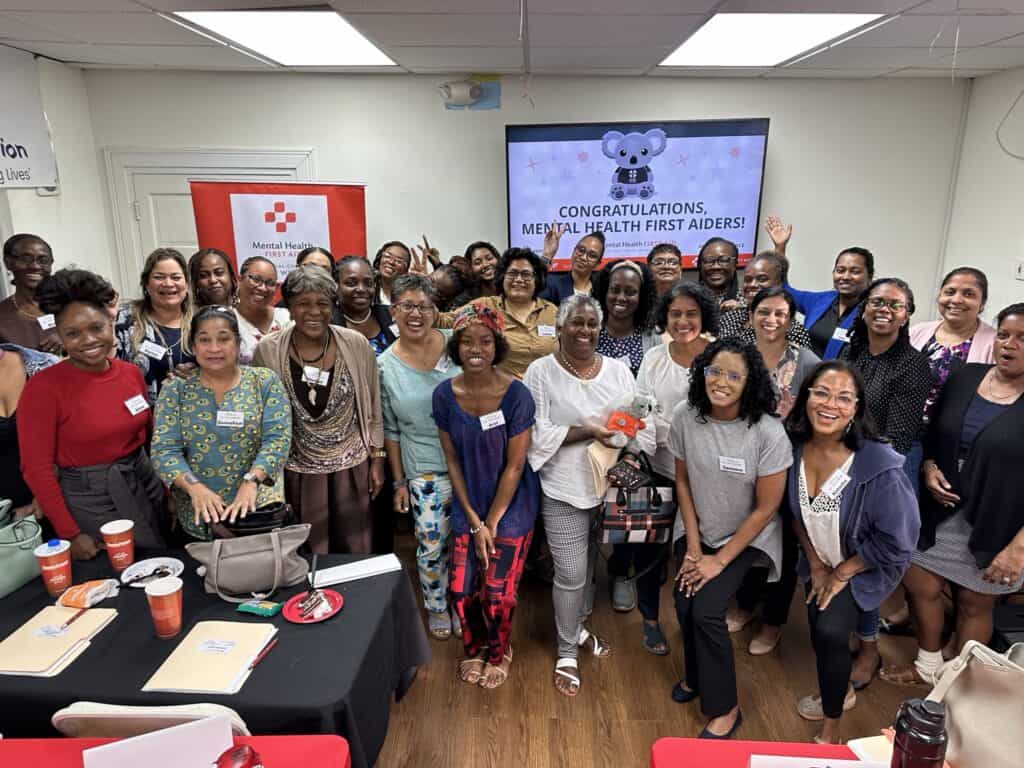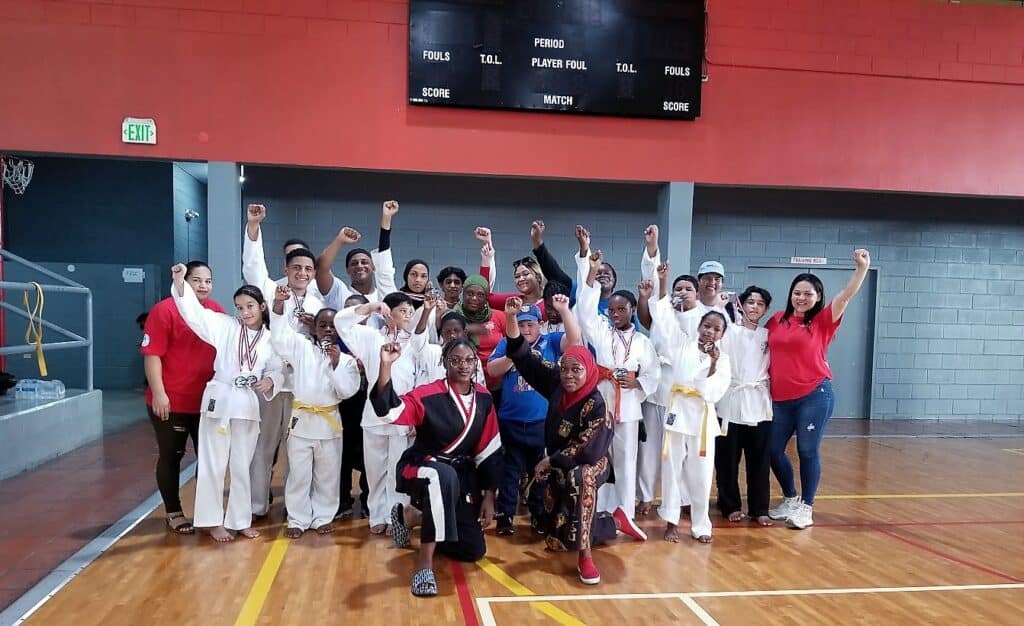
Becoming a more present parent
I used to be a big believer in the power of multitasking, declaring myself an expert at juggling many things at the same time, a sort of supermom if you will. As I journeyed into parenting however, I realized that in these moments I wasn’t truly present. Physically my body was, yes, but my mind was otherwise engaged. I was either planning out some future event, or going over something in the past, or being distracted by my phone/email/social media.
My son taught me to slow down and be more present in the moment, after asking ‘Mom, did you hear me?’ once too many times. Now I make an effort to put down my phone, look him in the eye and really listen to what he has to say (even when sometimes, I think of all the things I still have to do). I found that this is still a work in progress, but that my efforts have meant that we have a good connection, and he feels that he can tell me the stuff that’s important to him.
So, in our busy lives, how on earth do we find time to be present with our kids? Here are some of my favorite tips:
Schedule special time.
One of the best tips I got was to regularly schedule a few minutes of special time with my son. When he was younger I would set the timer for 10 minutes at the end of the day, announce that this was his time, and put away my phone and any distractions. The rule was that he took the lead and got to decide what we did in his time, provided it was not dangerous or unsafe. Sometimes we’d have a pillow fight, or he’d show me one of his favorite videos…it was never the same. That way, I could focus my attention on chores, homework supervision or errands during the day and we both knew that I’d be giving him full attention in our special time later. As he has gotten older, I find that I don’t need to do ‘special time’ so often but it is still an important part of our lives. Right now, it takes the form of a home Movie Night on weekends, where he chooses what movie we watch.
Notice when you get triggered.
Our children are masters at pushing our buttons, and sometimes you might feel drawn into a shouting match or a battle of wills. Learn to recognize your stress signals, when you are starting to get triggered (clenching your jaw, feeling flushed in the face or raising your voice are a few common ones). When you recognize that you are being triggered, take a pause. Take a breath, count to ten or take a walk outside. It’s helpful to take a parental time out to reset and remove ourselves from reacting or lashing out when we’re in our stressed state. It’s ok to say, ‘I’m feeling really upset right now. Let’s take a moment and talk about this later when we are both calmer.’ This is also a great way to model the healthy use of a positive Time Out for our kids.
Connection before Correction.
No real long-term learning can take place in a heated argument when emotions are high…instead, the brain is much more receptive to learning when it is calmer and regulated, and the rational mind is switched on. That means we learn best when we feel calm and connected…it may be helpful to remember ‘Connection before Correction’. Ensure your kids are not in immediate danger, and then take a moment for you both to calm down if you need to, before you attempt to guide kids into problem solving and determining a better way forward. For example, were you angry because one of the kids had forgotten to pick up their clothes from the floor again? What might be a better way forward, once things have calmed down? One example might be to agree a new rule that only clothes that are in the laundry basket will be put in the wash. That way, there is a natural consequence to their actions the next time.
It is possible to be kind and firm.
If the kids test out the new agreement (like the laundry basket example), remember it is possible to be both kind and still hold firm agreed boundaries. For example, if the kids are upset that the clothes on the floor were not washed, you could state ‘I can see that you’re upset that the clothes on the floor weren’t washed. What was our agreement about which clothes would be washed? Let’s see what clothing options you have until the next wash day.’ You may be tempted to bail them out by doing an extra wash but keep in mind that the long term goal is to raise healthy happy functional adults who make positive contributions to society….and it is through experiencing natural consequences of our choices and actions (in a safe environment) that we can learn what to do differently next time.
Embrace family meetings.
Family meetings are great ways to encourage open communication, allow for family members to air grievances and come up with agreed workable solutions (like the laundry example above). Even kids as young as two can participate. Look out for a future blog post on conducting family meetings, but for now, my suggestions are to have once weekly meetings with an agenda on the fridge that everyone can contribute or add to.
Set aside Screen Free times as a family.
One major modern day challenge is managing the distractions of our devices, which can pull us away from being fully present. Try to schedule regular Family Screen Free times, where no one is allowed to bring a personal electronic device (including parents!). Examples include a weekly Family Movie Night, a Family Games Night or a family dinner where everyone is at the table.
Try to see the need behind the behavior.
As parents we may sometimes get angered, embarrassed or triggered by our kids’ behavior. But it’s important to remember that behavior is a form of communication, and that children are trying to communicate an underlying need, perhaps just in a misguided way. Try to look at the need behind the behavior. Is it a need for belonging, acceptance or self-confidence for example? Of course, this requires us to be calm and able to see the need so we can help guide our children into more appropriate ways of expressing them.
We are all works in progress, and still learning, as are our kids. But we can model healthy behaviors like self-regulation, problem solving, Calm Connection and forgiveness…remember, we will get it wrong sometimes, so it is ok to acknowledge that and try to do better next time. Kids can be incredibly forgiving, once they know they are seen, heard and loved.

Dr Paula Robertson is a busy mom, a paediatrician and a Positive Discipline Parenting instructor with over twenty years experience working with young people and their families. She is also one of the Directors of Mindful KITES, an NGO that teaches mindfulness to children and young people. You can find out more at www.mindfulkites.com and www.paulathedoctormom.com.





